
How to live a minimalist life in Hong Kong: decluttering tips from experts and ex-hoarders
Few places lend themselves better to a minimalist lifestyle than space-starved Hong Kong, where some people are finding that less stuff means reduced stress, a greater sense of purpose, better buying decisions – and more room, of course
“Lighter.” That’s how Jennifer Van Dale felt when, not long ago, she purged her life of many of her possessions. The lawyer had amassed copious amounts of clothes and books, and files upon files of papers, article clippings and the like, during her 28 years in Hong Kong. Her “stuff”, she says, was taking up way too much space in her village house in the New Territories and she needed to do something about it.
Someone gave her a book by Marie Kondo, a Japanese organising consultant, called The Life-Changing Magic of Tidying Up: The Japanese Art of Decluttering and Organising. Reading it gave Van Dale the idea to get rid of things she no longer wanted or needed.
Decluttering guru Marie Kondo is back with more life-changing tips
“Kondo’s main rule was to chuck everything that didn’t ‘spark joy’ so, while my husband and three kids were away for two weeks, I got rid of a lot of clothes – and gave away most of my books,” she says. “Looking through each item, I asked myself if it sparked joy in my heart, and truth be told, most of it didn’t, so out it all went.”
Almost immediately, her house looked lighter. She, too, felt less weighed down. “It made a huge difference to me personally,” she says. “While I don’t think I’ll ever be a minimalist, I’m a lot better now when it comes to minimising clutter. In fact, I think I’ve become quite ruthless at getting rid of stuff that no longer serves me.”
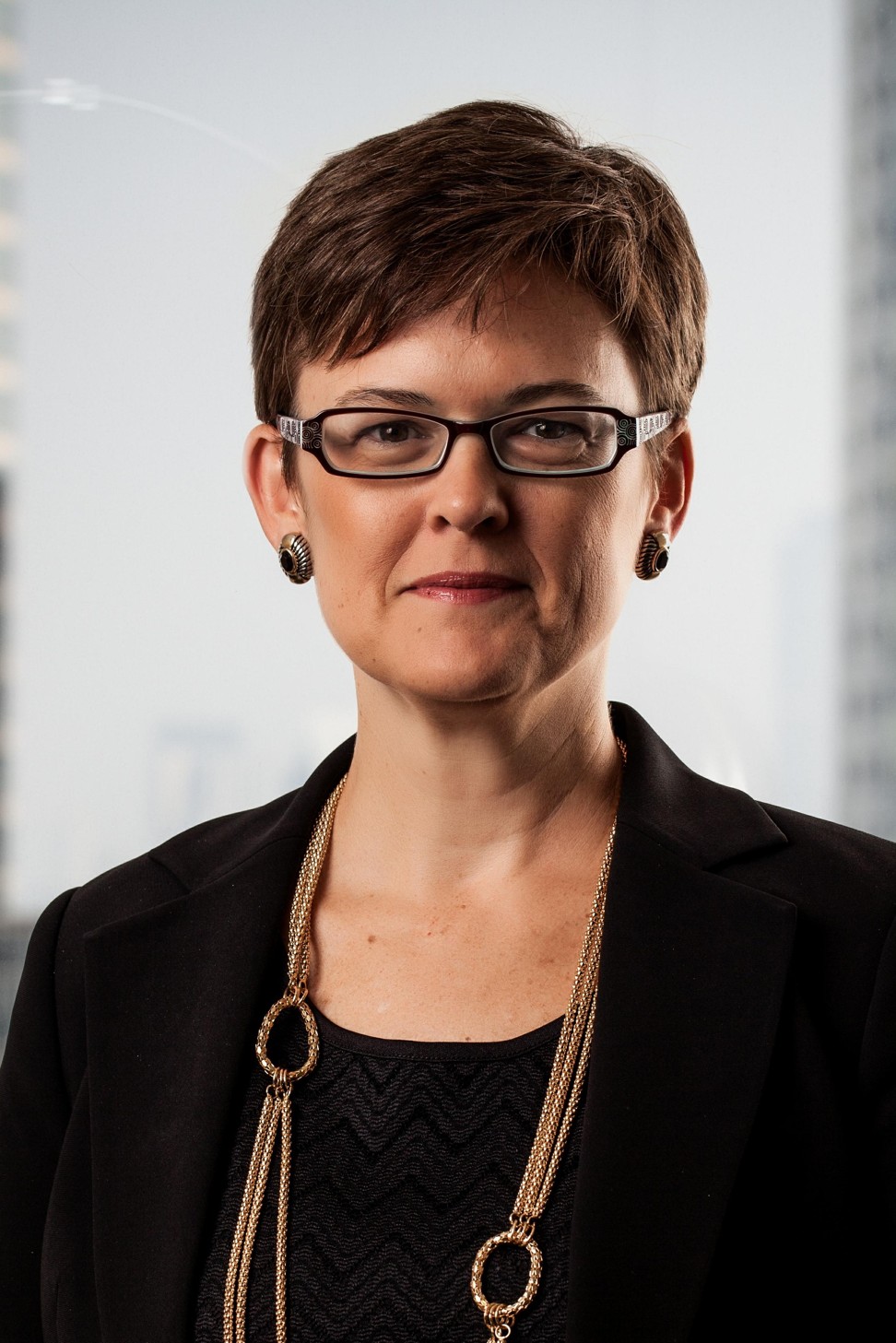
Minimalism has become a trendy concept in recent years. In an age of excess consumerism and a world that is fast running out of space, there can be little that makes you feel freer or more grounded than living with less. Many people, it seems, are keen to pare down.
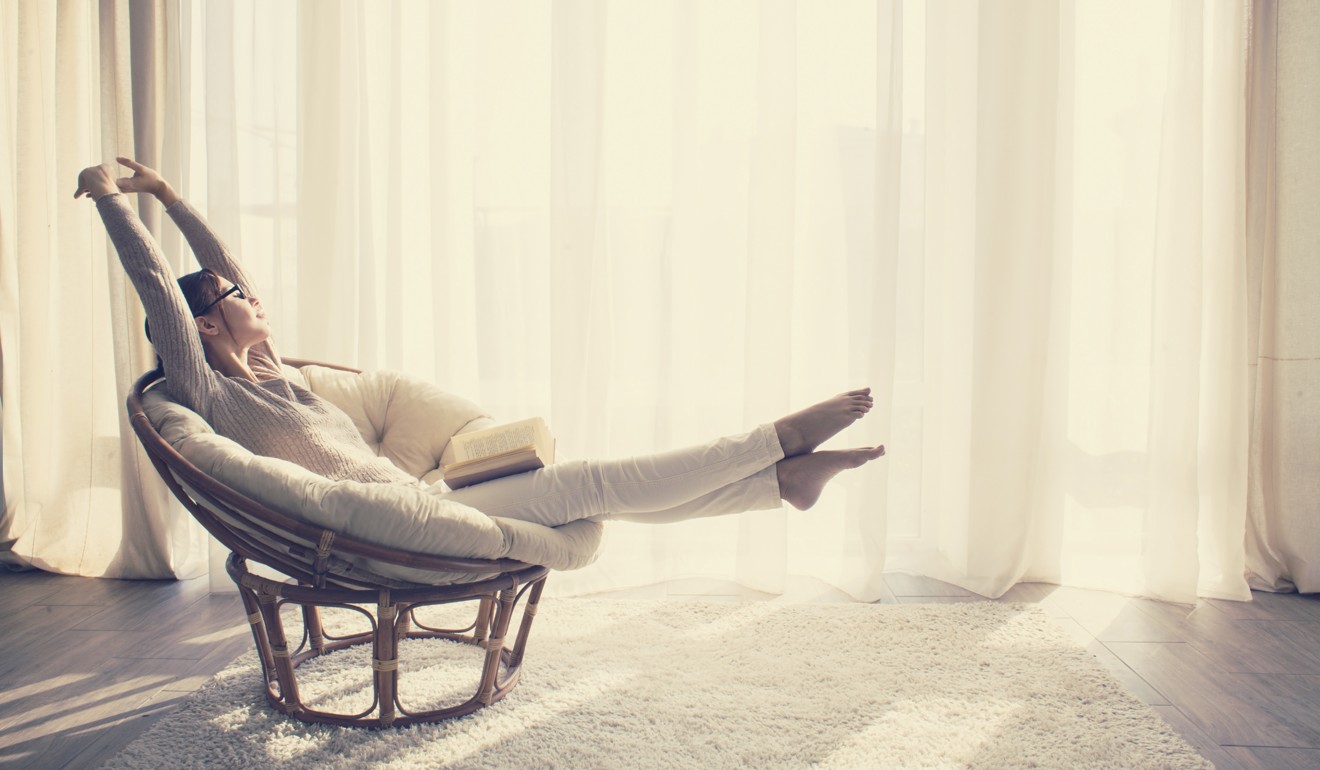
Kondo’s books, which include Spark Joy: An Illustrated Master Class on the Art of Organising and Tidying Up, have sold millions of copies worldwide. Her efforts to end our obsession with our stuff are being helped by American authors Ryan Nicodemus and Joshua Fields Millburn. Calling themselves “The Minimalists”, the pair have written several bestselling books and run a popular website that espouses the benefits of a minimalist lifestyle.
These authors are not the only ones who believe that we can have a better life by living with less. Cristina Rodenbeck, a wellness coach at the Integrated Medicine Institute in Hong Kong, says that minimalism can restore a sense of order to our lives, increase our ability to focus, and provide a greater sense of calm and peace.
“We already live in an overly stimulated world as it is and being surrounded by clutter can have serious consequences on one’s emotional health,” she says. “In some people, this visual stimulation can induce feelings of anxiety and irritability, and even lead to a sense of being overwhelmed, engulfed or suffocated. Trying to maintain order in a packed home only adds to the stress and frustration.”
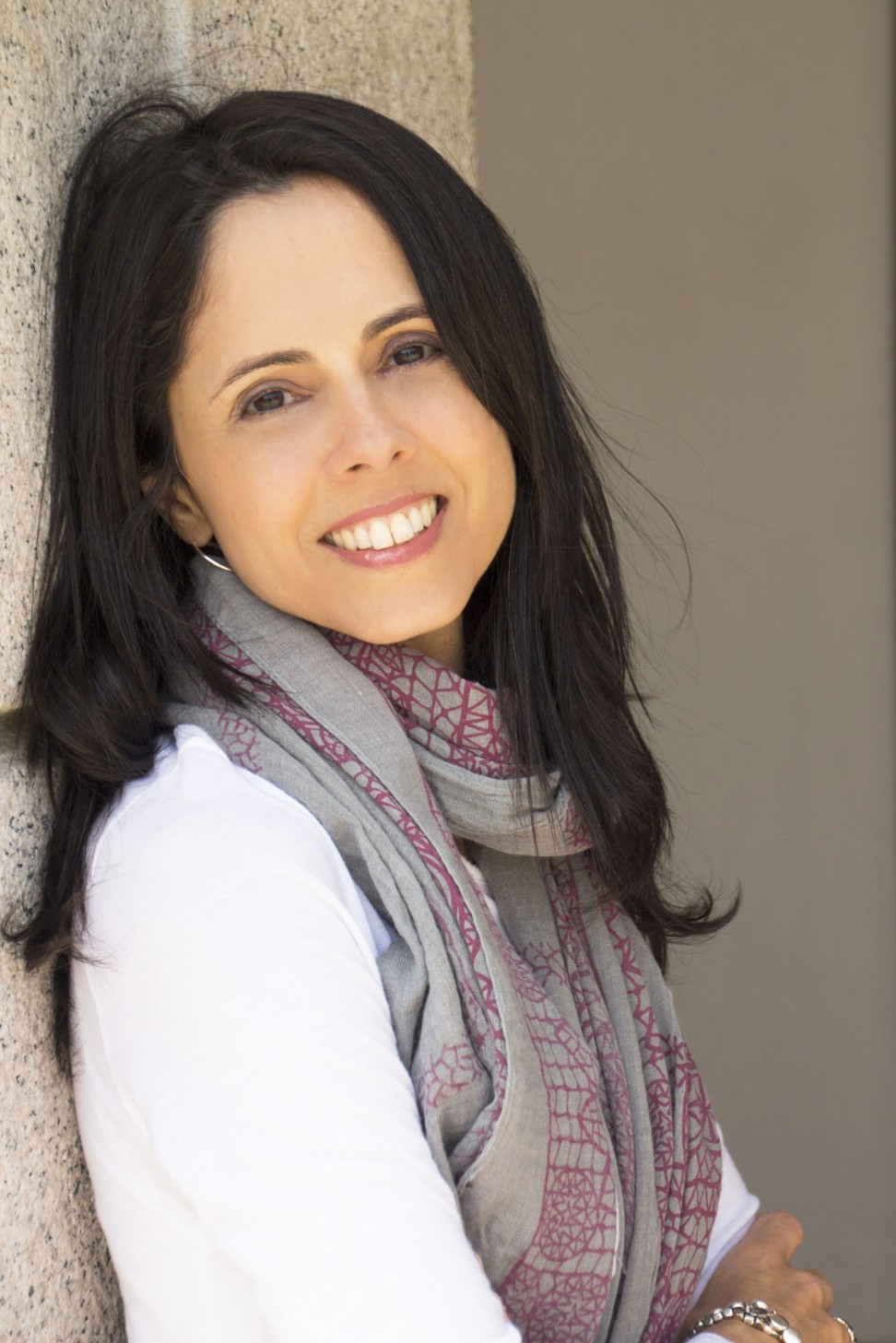
Minimalists also believe that purging is symbolic of letting go of the past; it is about ridding our lives of excess so that we can move on. This, they say, can bring emotional relief and freedom, and encourage us to be more considerate consumers.
“We may think twice the next time we go shopping and ask ourselves, ‘Do I really need another pair of shoes?’” Rodenbeck says. “Paring down encourages us to be environmentally conscious and more aware of the wide-ranging impact of our choices as consumers. The process also allows us to discover what makes us happy and helps us understand how much is enough.”
Affluent Chinese ditching consumerism for the simple life
Georgina Wong, CEO of Singapore-based Asian Professional Organisers, echoes this point. “De-cluttering and minimising are part of the process of getting organised,” she says. “The main process in professional organising is to edit and re-edit in order to fill your space with only worthy things. By minimising, you’re eliminating the things you don’t love to create space for the things you do.”
Wong adds that as well as feeling less stressed, living only with what you need results in more free time (“No more wasting time looking for things”) and more money in your pocket (“When you’re organised, you’ll avoid misplacing things, buying duplicates and paying overdue fines”).
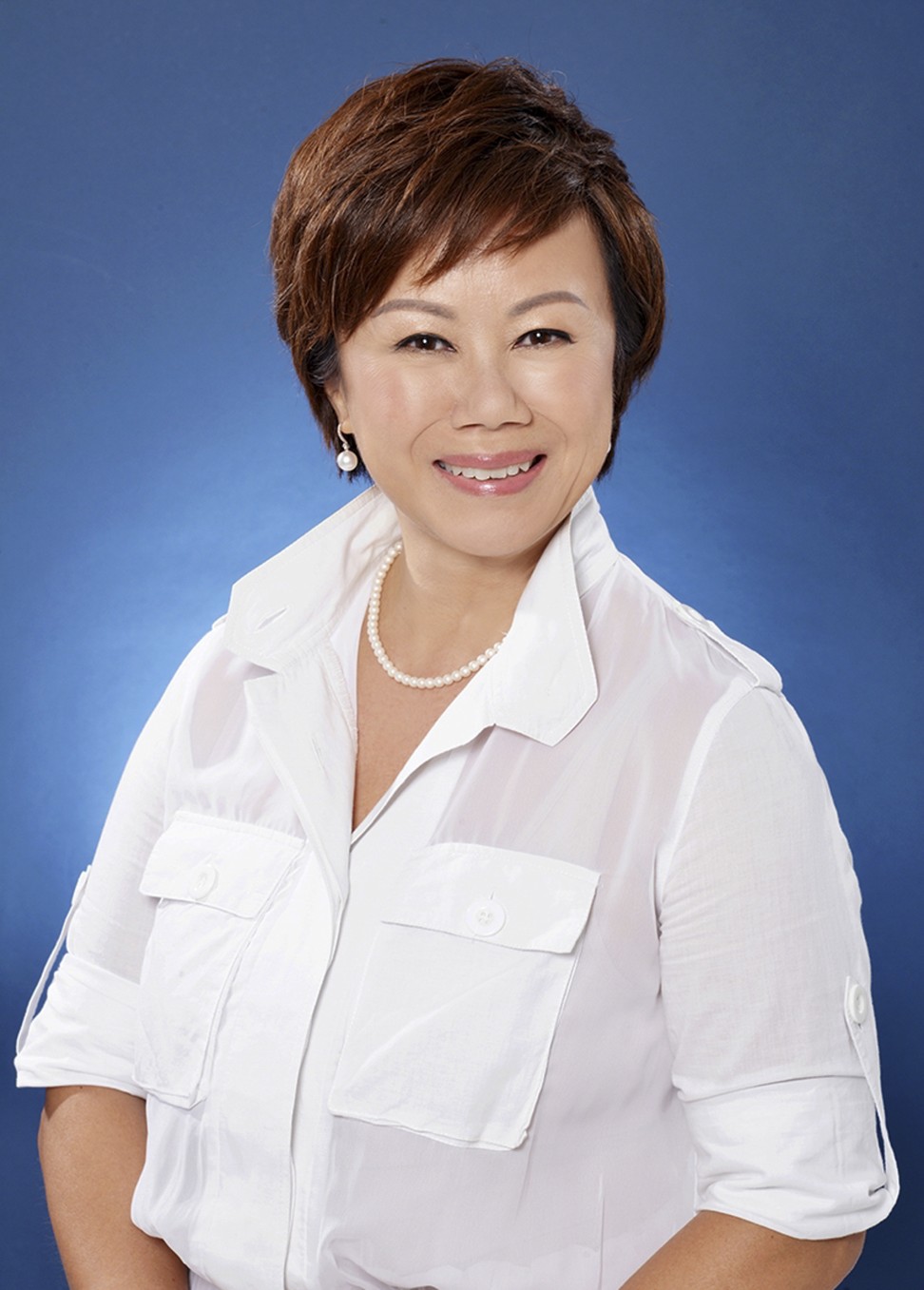
Wong is happy to share a few professional tips. First, though, it is important to understand the difference between a “worthy” object and one that is not, she says. In her view, clutter is anything that has no financial or sentimental value and has not been used in the past six months. It might also be something of which you own more than are necessary (hands up if you own five corkscrews!).
Fumio Sasaki’s Goodbye, Things: all about extreme minimalism
When deciding what to keep and what to chuck, Wong says to apply her “FAST” sorting steps: “forwarding” unwanted but usable items to someone else, either by gifting or donating; “acting” on such decisions as soon as possible; alternatively, “store” or file the item for reference; or “trash” it if the item is broken or does not fit.
Sometimes a lack of space dictates that you must let go of something you love. In such cases, Wong suggests saving the memory in another form: perhaps as a photograph or video, or framing a small portion of it (in the case of a wedding dress, for example).
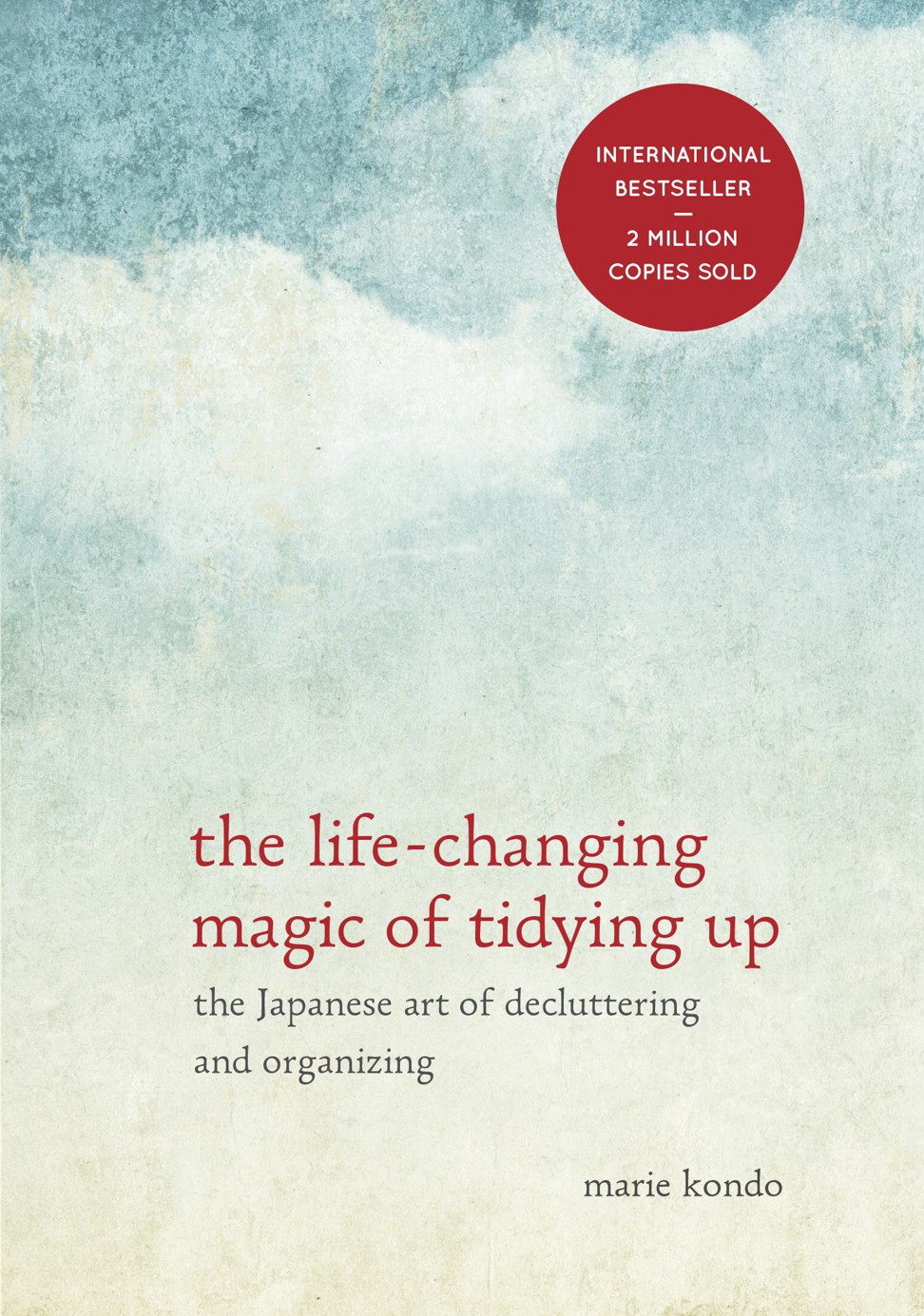
Tax accountant Erica Ip says that ever since discovering the minimalist lifestyle, her happiness levels have skyrocketed. She not only rid her life of non-essential items, but made the conscious decision to shop less – and to make more careful choices when she does. She set up a blog called Minimalist HK and is now more focused on filling her life with positive experiences and activities rather than material objects. She believes she is much better off for it.
How to declutter: experts offer tips for organising small flats
“Instead of succumbing to messages from advertisers telling me to buy, buy, buy, I’m learning to appreciate and make do with the things I already have,” she says. “The money I save from shopping goes towards fun activities and creating new and exciting experiences for myself.
“People get the wrong idea about minimalism. It’s not about throwing away everything you own and living with nothing. It’s about keeping and buying only what you need and value.”
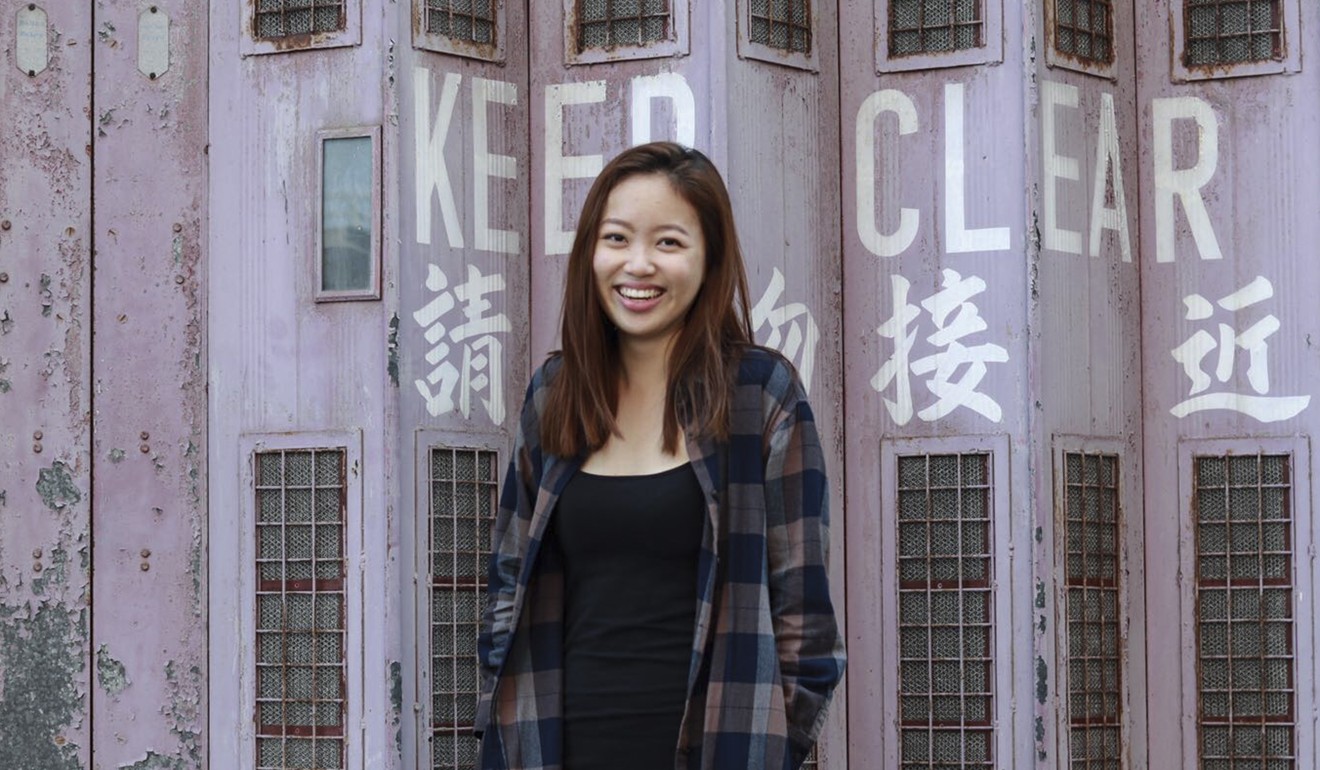
She says that her commitment to “the essentials” – anything that adds value to her life, including objects, people and activities – also means that she enjoys a richer and more fulfilling existence. Not being surrounded by clutter helps her focus more on the things she wants to achieve and the impact she wants to have on the people around her.
A Hong Kong architect continues his love affair with minimalism
“Minimalism, in my opinion, is more of an attitude or an energy,” she says. “If you’re trapped by material excesses you’ll find it hard to put out and attract good vibes. So I think the less we all have, the less negative energy there’ll be, and the happier and more purposeful we’ll all feel.”

